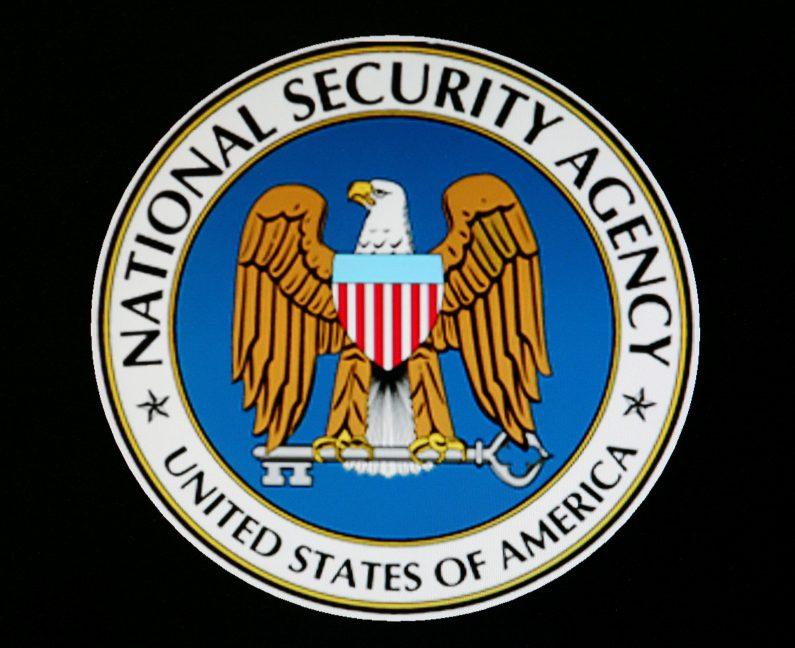Presidentially appointed inspectors general (IG) at two key intelligence community agencies were collectively overpaid more than $168,000 between 2016 and 2020, but it’s unclear whether any corrective action has been taken, according to a Department of Defense (DOD) memo obtained by a nonprofit government watchdog.
Information about the overpayments is contained in a Jan. 25 memo from DOD Deputy Assistant Secretary for Civilian Personnel Policy Nancy Anderson Speight to Marguerite Garrison, DOD deputy IG for administrative investigations, who requested Speight’s review.





